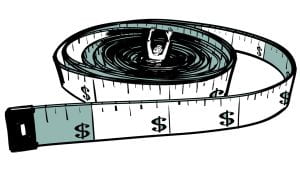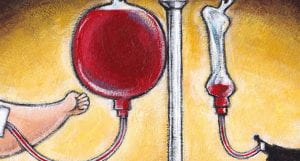With Turan Kayaoglu, Published May 31, 2020 in Tacoma’s News Tribune
 Since Covid-19’s arrival, prejudice and fear may be spreading more rapidly than the virus itself. As healthcare workers around the world bravely toil against Covid-19, we must pitch in to combat this disturbing side effect.
Since Covid-19’s arrival, prejudice and fear may be spreading more rapidly than the virus itself. As healthcare workers around the world bravely toil against Covid-19, we must pitch in to combat this disturbing side effect.
In the U.S., discriminatory practices in the face of this disease may be traced to President Trump’s regrettable labelling of Covid-19 as “The Chinese virus.’’ Nationwide, Asians are reporting surges in racist treatment. Just a few days ago the TNT (5/25) reported numerous incidences where Asian residents of Seattle were harassed, spit on, chased down and threatened, with a man yelling “Chinese disease!” after them.
Such responses are not new: Unknown and unfamiliar diseases, especially deadly ones, often leave us searching for outsiders to blame.

 This fall the U.S. Census Bureau brought good news when it informed us that the nation’s poverty rate had fallen from 13.2 to 12.7 percent.
This fall the U.S. Census Bureau brought good news when it informed us that the nation’s poverty rate had fallen from 13.2 to 12.7 percent. recently argued
recently argued 